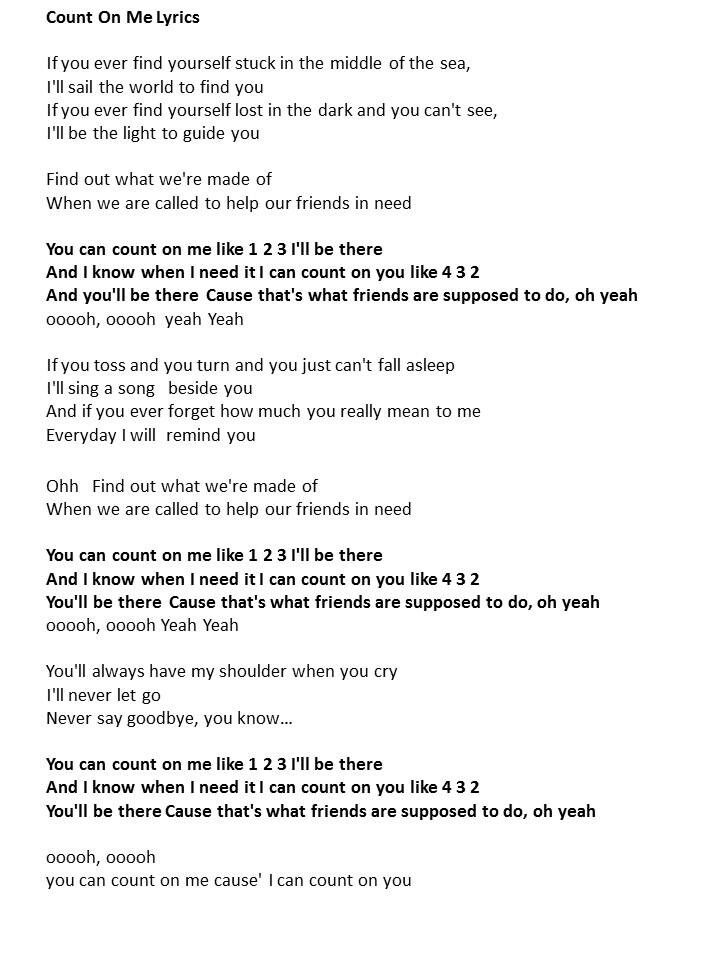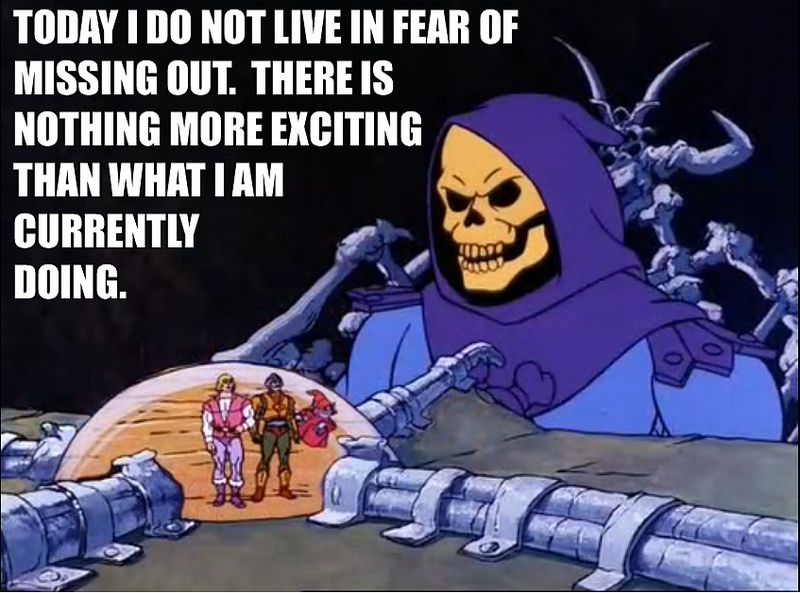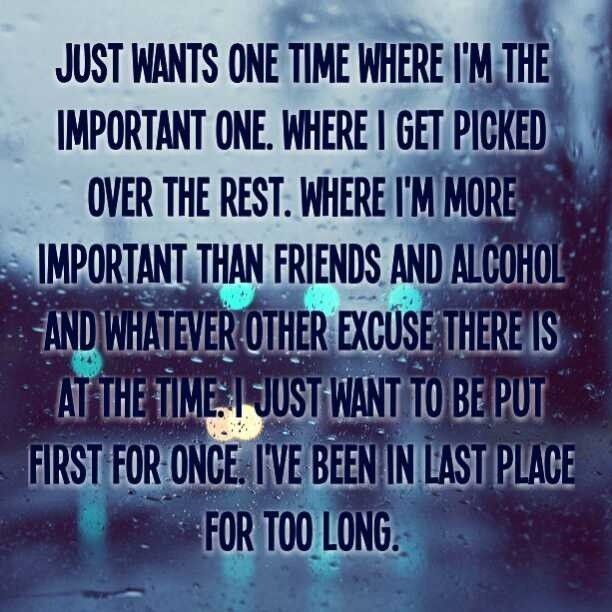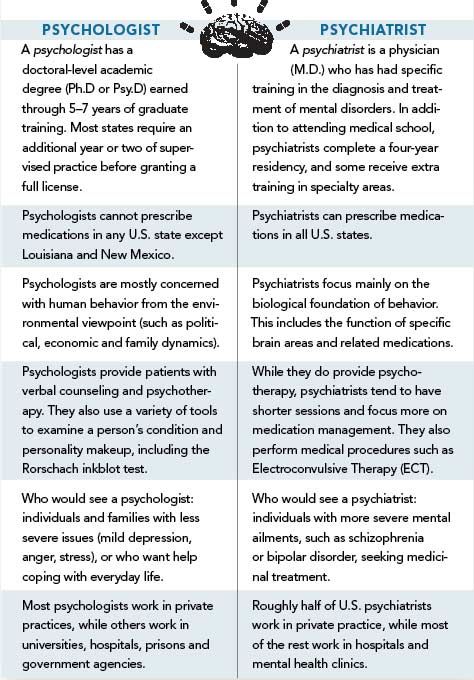What is a relationship supposed to be like
What Does a Healthy Relationship Look Like?
Having boundaries is like drawing a line. One side has the things you are okay with and the other side, those that you are not okay with, don’t feel ready for, or make you uncomfortable. This line looks different for everyone, so it is important for you to know where yours needs to be drawn. Setting boundaries is a way to teach your partner about your needs, and let you know when something doesn’t feel right. You are allowed to put your needs before someone else’s needs, especially if their needs make you uncomfortable.
Step 1: What are your boundaries?
Think about these categories and what they mean in terms of your relationship.
Physical: Are you okay with public displays of affection? Does affection make you uncomfortable? Do you hate it or love it when your partner tickles you? Do you need a lot of alone time? Learn more about physical boundaries and abuse.
Emotional: Are you able to share what you are feeling right away or do you need some time to think about it? Do you need your partner to be available anytime you have a crisis? When are you ready to say I love you? Learn more about emotional boundaries and abuse.
Sexual: Do you need to get to know your partner a while before engaging in any kind of sexual activity, or are you okay getting physical right away? What sexual activity are you okay with? Learn more about sexual boundaries and abuse.
Digital: Are you posting your relationship status? Is it okay if your partner uses your phone? Do you want to share passwords? Learn more about digital boundaries and abuse.
Material: Do you like sharing your stuff? Are you okay paying for your partner or vice versa?
Spiritual: Do you like to practice your religion with a partner or alone? Does your partner need to have the same beliefs as you or can they be different as long as yours are respected? Are you waiting until marriage before you have sex?
Step 2: Letting your partner know what your boundaries are.
You don’t have to sit down with your partner with a check list of all of the things that make you uncomfortable, but you do have be open and honest. Some of these things might come up early in the relationship, like if you are a virgin and don’t want to have sex until you’re ready. Some of these things may not come up for a while, like if your partner wants to share passwords after dating for 6 months. When your needs are different than your partner’s, have a conversation; you don’t need to give an explanation. It may be awkward, but having the tough conversations is a part of having a healthy relationship. When your partner listens to you and respects you, it builds trust.
Some of these things might come up early in the relationship, like if you are a virgin and don’t want to have sex until you’re ready. Some of these things may not come up for a while, like if your partner wants to share passwords after dating for 6 months. When your needs are different than your partner’s, have a conversation; you don’t need to give an explanation. It may be awkward, but having the tough conversations is a part of having a healthy relationship. When your partner listens to you and respects you, it builds trust.
Step 3: Recognizing when the line has been crossed.
Sometimes, boundaries get crossed even after you’ve talked with your partner; this is where trusting yourself comes in. You may be sad, anxious or angry or you may not know exactly what you are feeling. Always trust your gut. If something doesn’t feel right to you, it probably isn’t.
Step 4: Responding.
If a boundary has been crossed by your partner who didn’t know where your line was drawn, have an honest conversation.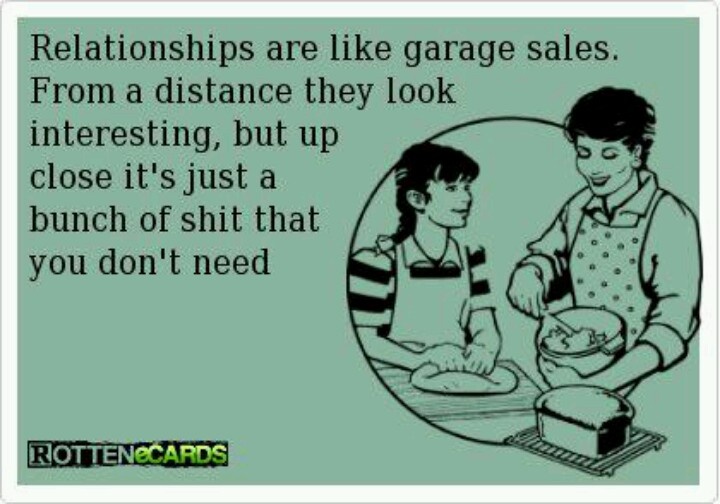 It could be something as simple as saying, “Hey, I really don’t like it when you ________. This makes me really uncomfortable. Do you think next time you can ______ instead?” This might take some back and forth before coming to an agreement that meets both of your needs, but your relationship will be stronger because of it.
It could be something as simple as saying, “Hey, I really don’t like it when you ________. This makes me really uncomfortable. Do you think next time you can ______ instead?” This might take some back and forth before coming to an agreement that meets both of your needs, but your relationship will be stronger because of it.
If a boundary has been crossed even though you had already been clear about your boundaries, this might be abuse. Crossing a line might be obvious, like if you say no to having sex, but your partner uses physical force to make you do something you don’t want to do. But it can also be more subtle, like if your partner guilts you into something, begs you until you give in or threatens to break up with you unless you do what they want.
32 Signs, Tips, Red Flags, and More
If you have or want a romantic relationship, you probably want a healthy one, right? But what’s a healthy relationship, exactly?
Well, it depends.
Healthy relationships don’t look the same for everyone since people have different needs.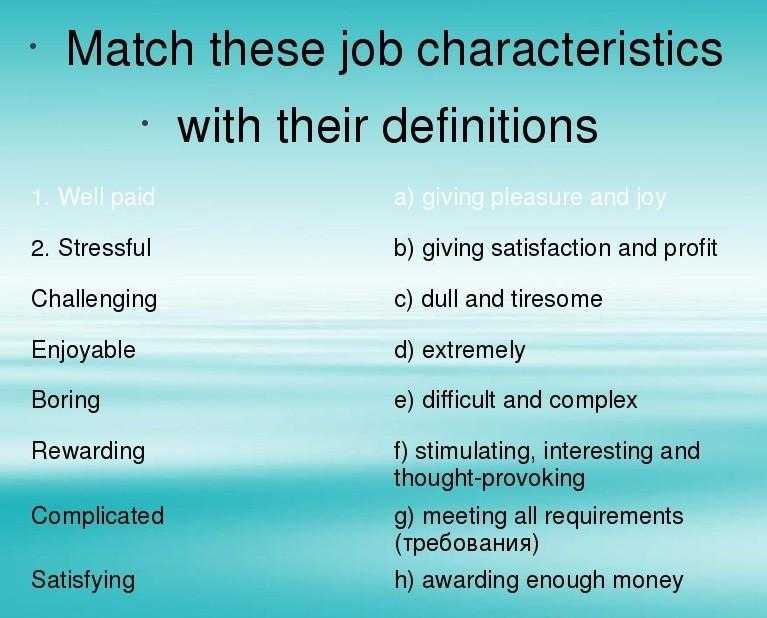 Your specific needs around communication, sex, affection, space, shared hobbies or values, and so on may change throughout life.
Your specific needs around communication, sex, affection, space, shared hobbies or values, and so on may change throughout life.
So, a relationship that works in your 20s may be nothing like the relationship you want in your 30s.
Relationships that don’t align with more traditional definitions of a relationship can still be healthy. For example, people who practice polyamory or ethical nonmonogamy might define a healthy relationship somewhat differently than people who practice monogamy.
In short, “healthy relationship” is a broad term because what makes a relationship thrive depends on the needs of the people in it.
But a few key signs do stand out in flourishing relationships.
“One thing healthy relationships largely share is adaptability,” says Lindsey Antin, a therapist in Berkeley, California. “They adapt to circumstances and the fact we’re always changing and going through different phases in life.
Here’s a look at some other hallmarks of healthy relationships.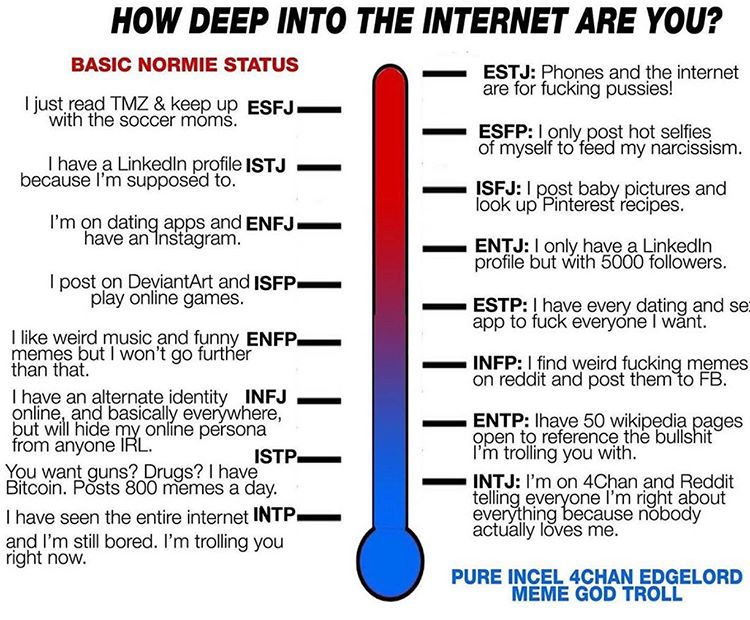
Open communication
Partners in healthy relationships typically talk about the things going on in their lives: successes, failures, and everything in between.
You should be comfortable talking about any issues that come up, from things that happen in everyday life, such work or friend stress, to more serious issues, such as mental health symptoms or financial concerns.
Even if they have a different opinion, they listen without judgment and then share their perspective.
Communication goes both ways. It’s important you also feel that they’ll voice their own concerns or thoughts as they come up.
People in nonmonogamous relationships may place even more value on emotional check-ins and frequent communication about what’s happening with other partners.
Trust
Trust involves honesty and integrity. You don’t keep secrets from each other. When you’re apart, you don’t worry about them pursuing other people.
But trust goes beyond believing they won’t cheat or lie to you.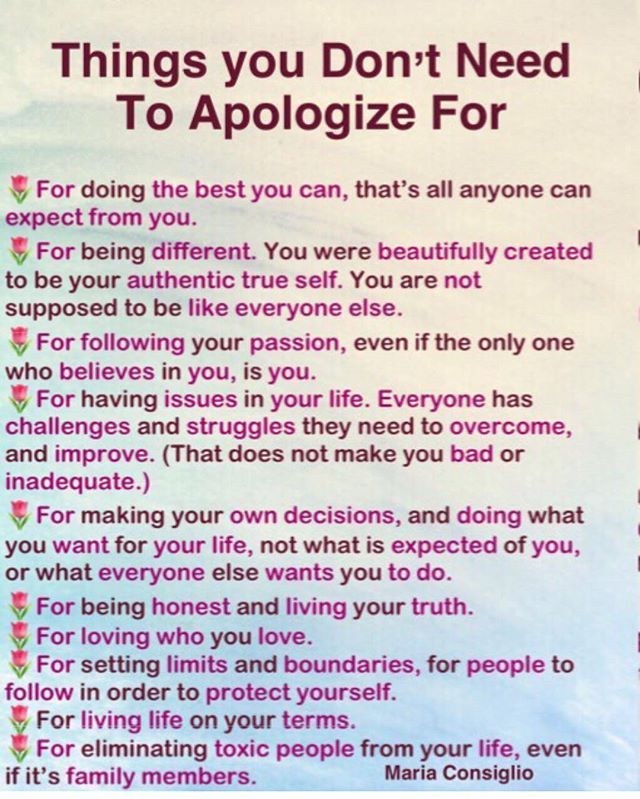
It also means you feel safe and comfortable with them and know they won’t hurt you physically or emotionally. You know they have your best interests in mind but also respect you enough to encourage you to make your own choices.
A sense of yourself as a separate person
Healthy relationships are best described as interdependent. Interdependence means you rely on each other for mutual support but still maintain your identity as a unique individual.
In other words, your relationship is balanced. You know you have their approval and love, but your self-esteem doesn’t depend on them. Although you’re there for each other, you don’t depend on each other to get all of your needs met.
You still have friends and connections outside the relationship and spend time pursuing your own interests and hobbies.
Curiosity
One key characteristic of healthy, long-term love is curiosity.
This means you’re interested in their thoughts, goals, and daily life. You want to watch them grow into their best self. You’re not fixated on who they used to be or who you think they should be.
You want to watch them grow into their best self. You’re not fixated on who they used to be or who you think they should be.
“You hold flexible mindsets about each other,” Antin adds.
Curiosity also means you’re willing to consider or talk over changes to your relationship structure if aspects of your existing relationship become less fulfilling. It also involves realism. You see them for who they truly are and care about that person, not an idealized version of them.
Time apart
Most people in healthy relationships prioritize spending time together, though the amount of time you spend together can vary based on personal needs, work and other commitments, living arrangements, and so on.
But you also recognize the need for personal space and time on your own. Maybe you spend this time relaxing solo, pursuing a hobby, or seeing friends or family.
Whatever you do, you don’t need to spend every moment together or believe your relationship suffers when you spend some time apart.
Playfulness or lightheartedness
It’s important to make time for fun and spontaneity when the mood is right. If you can joke and laugh together, that’s a good sign.
Sometimes life challenges or distress might affect one or both of you. This can temporarily change the tone of your relationship and make it hard to relate to each other in your usual ways.
But being able to share lighter moments that help relieve tension, even briefly, strengthens your relationship even in tough times.
Physical intimacy
Intimacy often refers to sex, but not always. Not everyone enjoys or wants sex. Your relationship can still be healthy without it — as long as you’re both on the same page about getting your needs met.
If neither of you have interest in sex, physical intimacy might involve kissing, hugging, cuddling, and sleeping together. Whatever type of intimacy you share, physically connecting and bonding is important.
If you both enjoy sex, your physical relationship is most likely healthy when you:
- feel comfortable initiating and talking about sex
- can positively handle rejection
- can discuss desires
- feel safe expressing your interest in more or less sex
Healthy intimacy also involves respecting sexual boundaries. This includes:
This includes:
- not pressuring partners about sex or specific sex acts when they say no
- sharing information about other partners
- discussing sexual risk factors
Teamwork
A strong relationship can be considered a team. You work together and support each other, even when you don’t see eye to eye on something or have goals that aren’t exactly the same.
In short, you have each other’s back. You know you can turn to them when you’re struggling. And you’re always ready to offer support when they need you.
Conflict resolution
Even in a healthy relationship, you’ll have occasional disagreements and feel frustrated or angry with each other from time to time. That’s completely normal. It doesn’t mean your relationship is unhealthy.
What matters is how you address conflict. If you can talk about your differences politely, honestly, and with respect, you’re on the right track.
Partners who address conflict without judgment or contempt can often find a compromise or solution.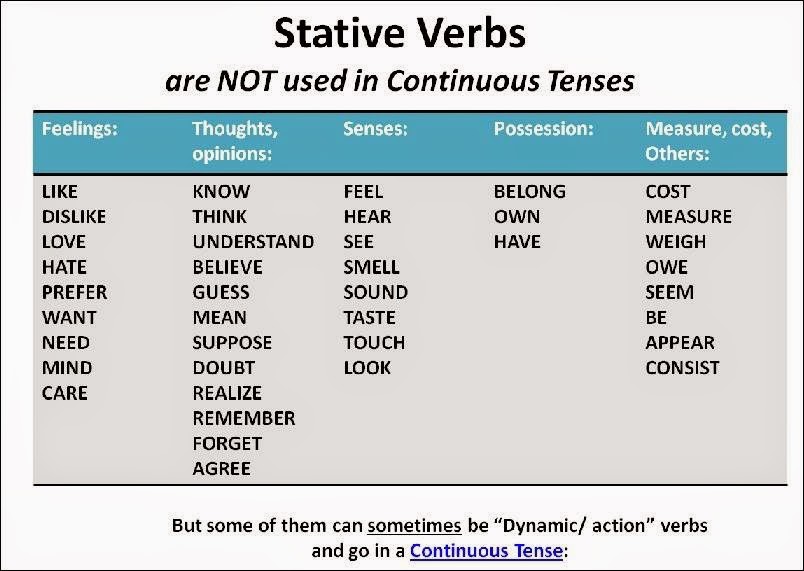
Your relationship should contribute to a sense of fulfillment, happiness, and connection. If you tend to feel more anxious, distressed, or unhappy around your partner, your relationship may be struggling.
Signs of unhealthy relationships can vary widely, so this list isn’t all-inclusive. But it may help point out some possible issues.
One of you tries to control or change the other
“We are never in control of changing another person,” Antin says.
If you’re concerned about a specific behavior, you should feel comfortable enough to bring it up. It’s OK to express your feelings and ask them to consider making changes. But it’s not OK to tell them what to do or attempt to control their behavior.
If they do something that really bothers you and you can’t accept it, the relationship may not have long-term potential.
Your partner doesn’t respect your boundaries
Boundaries can come into play across your relationship, from respectful communication to privacy needs.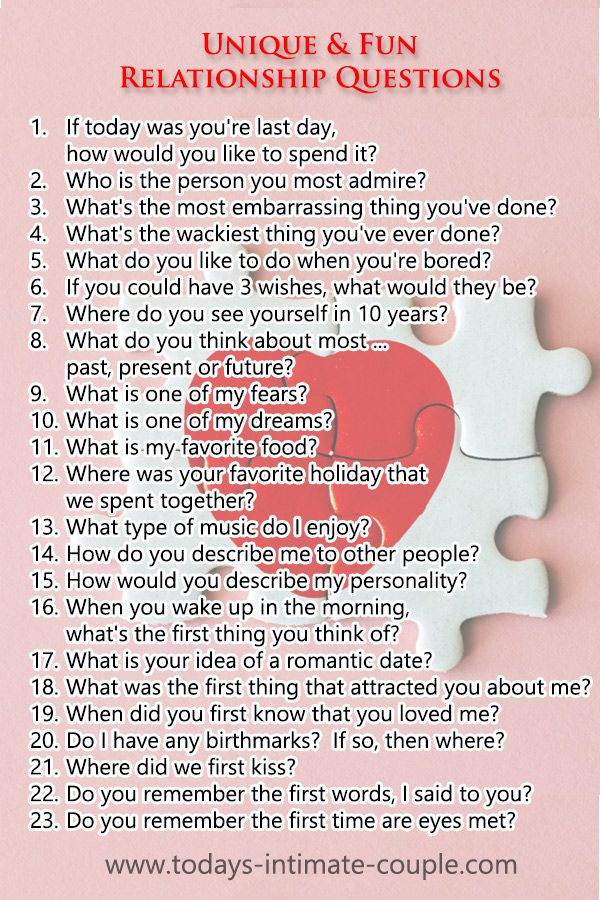 If you set a boundary and they push against it or pressure you to change it, that’s a serious red flag.
If you set a boundary and they push against it or pressure you to change it, that’s a serious red flag.
Maybe you’ve said, “I need personal space when I get home from work. I’m happy to see you, but I need to de-stress before any physical affection.”
But they continue to come up to you right when you get home, trying to kiss you and pull you into the bedroom. When you say no, they apologize and say “they just can’t help themselves.”
You might brush this off as a sign of affection and keep restating the boundary, hoping they’ll get it eventually. But their behavior shows disrespect for your needs.
You don’t spend much time together
Relationships often develop when people enjoy each other’s company and want to spend even more time together. Life events can sometimes get in the way of your time together, but these changes are usually temporary.
Your relationship might be struggling if you consistently see less of each other without a clear reason, such as family difficulties or more responsibilities at work.
Other warning signs include feeling distant with each other or relieved when you aren’t together. You might even try to find excuses to avoid spending time together.
The relationship feels unequal
Healthy relationships tend to be fairly well balanced. You might equally share finances, or balance out a lower income by running more errands.
But relationship equality can also relate to intangible things, such as affection, communication, and relationship expectations.
Periods of inequality can happen from time to time. One of you might temporarily lose your income, struggle to help with chores because of illness, or feel less affectionate due to stress or other emotional turmoil.
But if your relationship regularly feels unbalanced in any way, this can become problematic.
They say negative or hurtful things about you or others
There’s nothing wrong with showing concern when your partner does something that worries you. But in a healthy relationship, partners generally take care to express their feelings in helpful, productive ways.
It’s not healthy to constantly criticize each other or say intentionally hurtful things, especially about personal choices, such as food, clothing, or favorite TV shows. Criticism that makes you feel ashamed or bad about yourself is generally unproductive.
Also note how they talk about others. Your relationship with each other could seem perfectly healthy, but if they use hate speech, slurs, or make discriminatory remarks about others, consider what this behavior says about them as a person.
You don’t feel heard in the relationship
Maybe you don’t feel heard because they seem disinterested when you bring up a problem or share something that’s been on your mind. Or you might have a hard time sharing your opinion or talking about serious issues because you worry they’ll just brush you off.
Miscommunications can happen, of course. But if you do talk through an issue and they seem receptive but don’t make any changes or seem to have completely forgotten what you talked about by the next day, that’s also a warning sign.
You’re afraid of expressing disagreement
Partners should always feel safe to have their own opinions, even when this means they disagree. If your partner responds to your (different) viewpoint with dismissal, contempt, or other rudeness, this often suggests they don’t respect you or your ideas.
If you find yourself censoring everything you say because you worry about their reaction, or feel like you’re “walking on eggshells” every day, as Antin puts it, it may be time to seek professional help.
If you fear physical or verbal abuse, talk to a therapist as soon as you can. Don’t hesitate to reach out to friends and family for additional support, too.
You don’t feel happy or comfortable around your partner
For many people, key relationship goals include increased happiness and life satisfaction. If you feel uneasy or unhappy all the time, the relationship may not be meeting your needs.
This can happen even when you’re both putting effort into the relationship.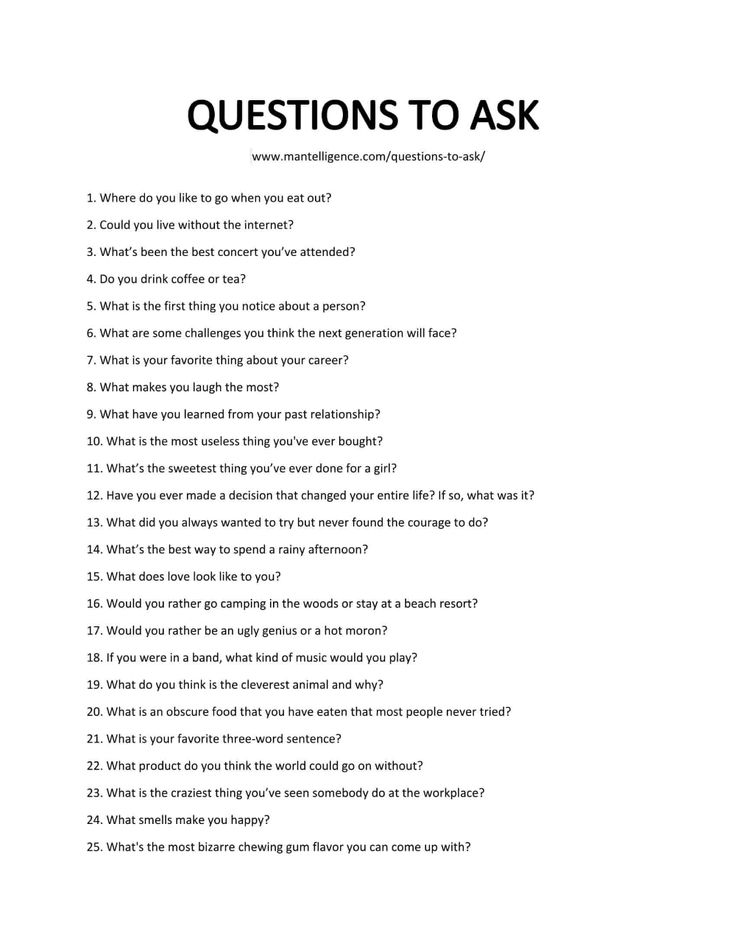 People change over time, so feeling dissatisfied and trapped doesn’t necessarily mean either of you have done anything “wrong.” You may have just become different people who no longer fit well together.
People change over time, so feeling dissatisfied and trapped doesn’t necessarily mean either of you have done anything “wrong.” You may have just become different people who no longer fit well together.
Disagreements or discussions don’t go anywhere
Healthy conflict resolution typically leads to solutions or compromise. Maintaining a relationship is an ongoing process, so you might not work everything out right away. But you usually feel good about your conversations afterward. You usually see some progress.
It’s generally not a good sign when you find yourself talking in circles or about the same issues all the time. Maybe there’s never any improvement, no matter how much you discuss something. Maybe they eventually just shut you out.
It’s difficult to apply the same standards to every relationship. However, if you’re looking for guidance on whether yours is healthy, there are a few things you can ask yourself as a sort of self-test.
Is your relationship healthy?
Ask yourself:
- Does my partner encourage me to grow?
- Do we share goals for the future?
- Do we want the same kind of relationship?
- Can I be myself with them?
- Do I accept them for who they are?
- Do we give and take from each other fairly equally?
- Is my life better with them in it?
- Does our time together have meaning?
If you mostly answered yes, your relationship is probably a strong one.
If some (or several) of the relationship red flags struck home, couples counseling might be a good step.
“Couples therapy is about two people arriving to work on themselves,” Antin says. Getting help doesn’t mean you’ve failed. It means you want to work at improving, for yourselves and for each other.
But even the healthiest of relationships can sometimes use a little extra work. Here are some tips to make sure things stay on the right track.
Embrace each other’s differences
“They might be ambitious, while you’re more of a homebody,” Antin says. “But this is a good dynamic, since one of you can initiate activity or go out and adventure, while one of you enjoys quiet time and keeps the home fire burning.”
Consider their perspective
“Be curious about the way they do and see things instead of trying to get them to see things your way,” Antin recommends.
Solve problems as a team
“Work together to solve problems, instead of making each other the problem,” Antin says.
Ask for what you want, and be equally ready to listen to their desires
You may not always agree, but that’s all right. You’re two different people, after all. Being able to find a compromise is key.
Try something new together
If your relationship seems stale or like it’s going nowhere, try taking it somewhere to see what happens. A change of scenery can sometimes change your perspective.
Talk about your goals and dreams
This can help you reconnect and make sure you still share similar hopes and values.
A shared love of spelunking and a mutual fondness for Indian food might have helped you meet your partner, but these factors have little to do with keeping your relationship healthy over time.
At the end of the day, you should trust each other and feel safe together. You should believe in your ability to learn and grow together.
If you’re worried about your relationship or believe it’s not as strong as it used to be, trust your instincts and explore what these feelings mean. A therapist can help offer guidance on when more effort might help and when it’s time to move on.
A therapist can help offer guidance on when more effort might help and when it’s time to move on.
Crystal Raypole has previously worked as a writer and editor for GoodTherapy. Her fields of interest include Asian languages and literature, Japanese translation, cooking, natural sciences, sex positivity, and mental health. In particular, she’s committed to helping decrease stigma around mental health issues.
Read this article in Spanish.
14 signs of a strong and healthy relationship
July 7, 2020 Relationship
Try to analyze your relationship according to these criteria and find out if things are going so smoothly in your couple.
Signs of a Healthy Relationship
1. You Share Values
In a relationship, you can and sometimes even need to accept some differences. You may hold different political views; dating an atheist, being a deeply religious person; differently evaluate the work of Madonna or Max Korzh.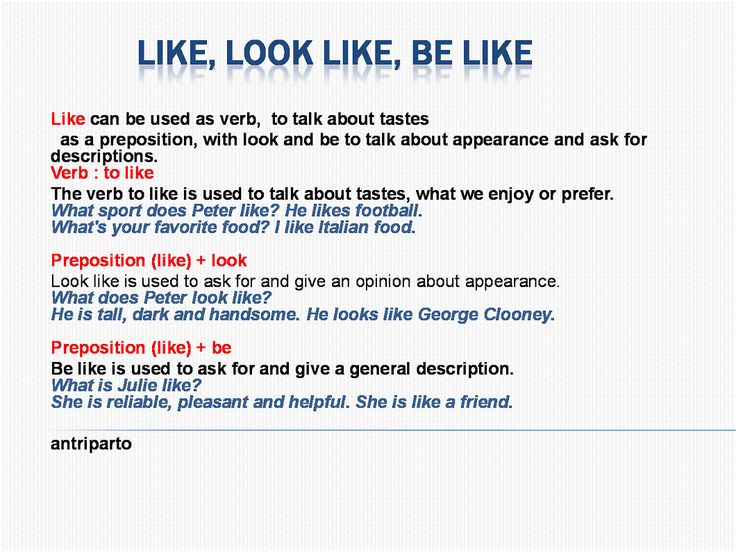
Perhaps the most important thing is to look in the same direction and share the key principles of life. And it’s also great to have similar views on how relationships in the family should be built.
2. You respect each other
Mutual respect is the key to a long and successful relationship. You do not manipulate the partner's feelings, but go towards each other, not trying to teach the other about life.
Never, anywhere and under any pretext do not look into someone else's mobile phone. Leave this Pandora's box closed and sleep well.
3. You bring out the best in each other, not the worst
In my previous relationships, I was constantly told that I was not living up to expectations. At some point, I almost believed that I couldn’t do anything, I began to mentally add the prefix “under” to all my actions and qualities.
Normal relationships are built on mutual respect (see #2), where two people help each other grow and develop, but don't force them to change under pressure.
Change is an important, positive and useful part of life, but you need to want to change yourself. In a healthy relationship, you both grow and develop as individuals, rather than becoming the object of constant judgment and criticism from your partner.
4. You like to have fun together
You also need to know how to have fun together. I must admit: all people are different, everyone has their own understanding of fun. It is important that your vision of a good party coincides with the opinion of your partner and that both enjoy the process. Some people like noisy parties and wild dances, while others like the idea of becoming members of an intellectual club.
5. You can count on a partner in a difficult situation
Life is not an easy thing, and sometimes we all find ourselves in a difficult situation. In a right and healthy relationship, you must see in a partner a support that will not be afraid and will not run away from difficulties.
Your partner is a friend and ally.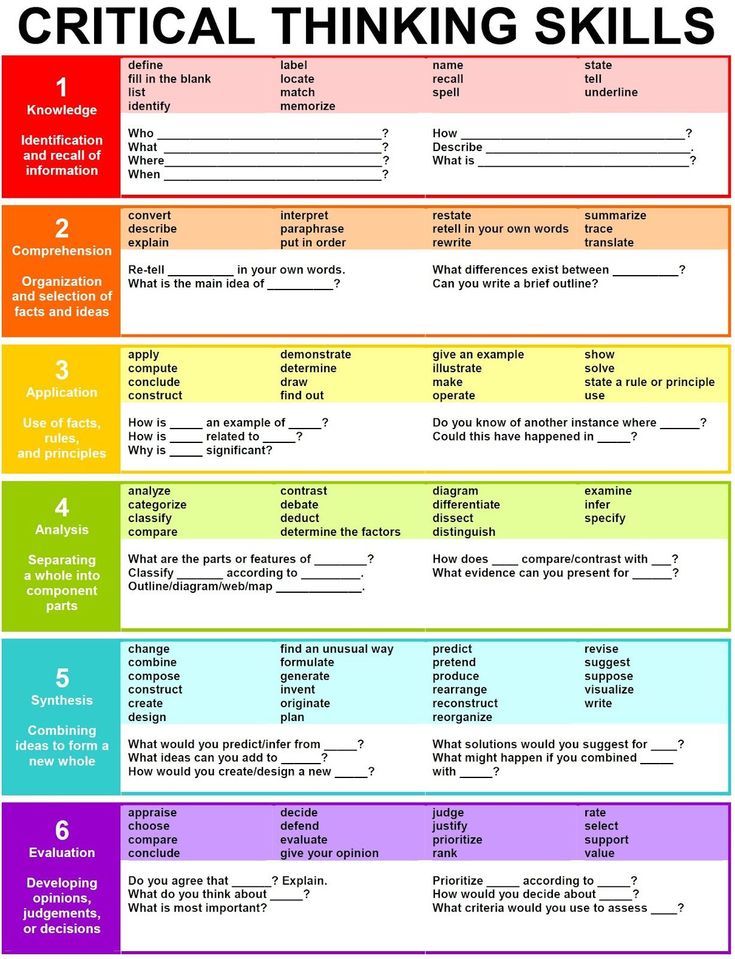 He is ready to be there, to help in a difficult moment, and not only shares moments of joy and universal fun with you.
He is ready to be there, to help in a difficult moment, and not only shares moments of joy and universal fun with you.
6. You take care of each other
Caring for your neighbor is a normal human need. In a healthy relationship, you want to love and be loved. You not only take away, but also easily give away, without demanding anything and without expecting anything in return.
To love is to find your own happiness in the happiness of another person.
And you also want to share everything. If you find yourself in a cool place alone, then you will definitely think: "It's a pity that my half is not around, it would be great to share this experience."
7. You trust your partner and feel at ease
Total control is more suitable for an army. In a healthy relationship, you do not demand every minute report on everything, but trust each other and, no less important, are confident in yourself.
In a normal relationship, you don't waste your time analyzing your partner's incomprehensible actions and searching for hidden meanings in conversations with friends, but you feel calm and can fruitfully go about your business.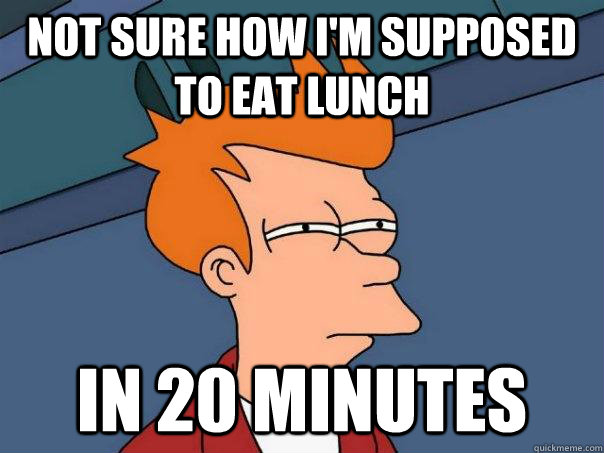
8. You talk to each other
Communication is an important element of a healthy relationship. You do not think, but ask directly and voice your desires, not trying to pathologically avoid conflict. People do not read minds and may simply not know that you are missing something. You understand this very well, so do not hesitate to ask your partner about what is important to you. And you can not only speak, but also listen.
9. You feel comfortable being silent together
Talking about interesting topics is really cool, but sometimes it's more important to be able to keep silent together. In a healthy relationship, you are comfortable just being around. You do not try to fill all the pauses that have arisen with unnecessary words and do not get tired of each other if you do not utter a word.
10. You have your own life outside of relationships
You love to be with your significant other, but at the same time you remain a self-sufficient person with your own interests and hobbies outside of relationships. It's cool sometimes to spend time apart, to have your friends and your favorite activities.
It's cool sometimes to spend time apart, to have your friends and your favorite activities.
In a healthy relationship, you do not try to fill all your partner's free time with yourself, but allow him to have his own interests, which you do not condemn, but respect.
11. You have a similar daily routine
In a normal relationship, you managed to adjust to the biorhythms of another without harming your own health and mood. If you are a morning person and your partner is a night owl and no one wants to change their habits, this can become a problem over time.
In a healthy relationship, you managed to negotiate and find a balance so that both feel comfortable.
12. You are a team
You always take your partner's side, at least in public. Of course, in private, you can always voice what you really think and why your partner acted imprudently or too abruptly, but in public you have learned to play on the same team.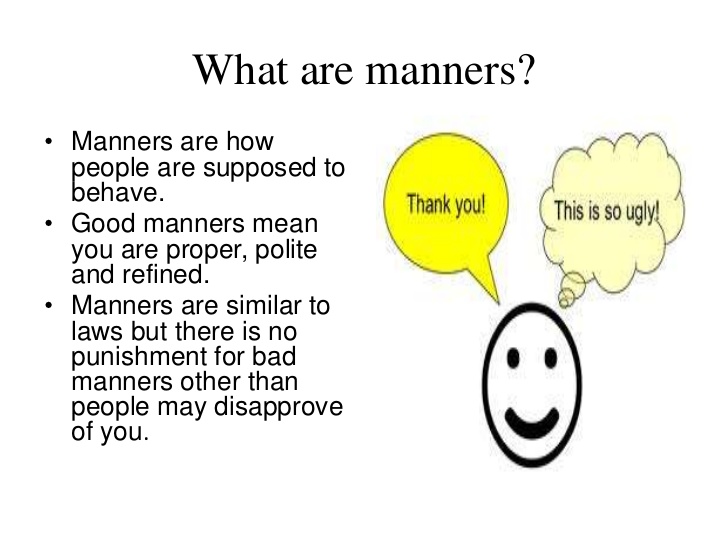
13. You can speak with your partner in their love language
Sometimes it is important to see the world through the eyes of another person. Everyone has different needs, and that's okay. You have learned to understand what is truly important for your partner, and you know how to give him exactly what he needs, and not you. For example, it is important for someone to hear approving words of support. In this case, you know how to praise a person's talents, whether it's a virtuoso violin playing or the ability to get along with your mother.
14. You have sex
It's good, you want it. Together.
What if all this is not about your couple
Sometimes you need to be patient. Of course, you should not change your partner every time you encounter difficulties. Hand on heart, it's hard to imagine that you can immediately see a soul mate in a stranger and begin to trust the most intimate.
Relationships between people are work that requires patience, effort and time. It is a complex but extremely interesting process, which is more appropriately compared with a joint journey than with arriving at a destination.
It is a complex but extremely interesting process, which is more appropriately compared with a joint journey than with arriving at a destination.
Remember, a healthy relationship is not a battle where there is competition and one side will win at some point. You are a team, which means you work together because you have a common goal.
Love — is when it's difficult around you, but it's easy for you two.
Read also 🧐
- 5 ways to test your relationship without moving in together
- 3 tricks to get rid of exhausting relationships
- What are interdependent relationships and how to build them
You can't do it this way: 15 things that should not be in a healthy relationship
Living together is quite difficult. Two people go through a lot of trials before they meet old age together. Grinding, claims, disappointments, cooling - all this is inevitable simply because people are alive. However, there are things that should not be in a healthy relationship. Together with the psychologist Svetlana Kravchenko, we understand the issue.
Together with the psychologist Svetlana Kravchenko, we understand the issue.
Envy
Does the husband have a more interesting job, but does the wife have a new car? In a healthy relationship, this is a reason to be happy for a loved one, and not to envy. The ability to be proud of the achievements of a partner, and not try to surpass them, is a sign of a harmonious union.
Superiority and competition
Leave the battle a place in the sun outside of your family. In a healthy relationship, there is no competition or superiority. If, nevertheless, you are faced with a similar problem, direct your energy to self-development - so you can not only learn new things and grow intellectually, but also find something to distract you from negative thoughts.
Rudeness and insults
Insulting a partner is the highest degree of disrespect for his personality. This is an escalation of the conflict, such a turn of it, after which there is no way to rewind. So think twice before crossing this line.
So think twice before crossing this line.
Humiliation
Does your partner constantly emphasize your shortcomings and weaknesses? He always lacks something, and you are to blame for this? Does he arrange groundless scenes of jealousy? Demands that you meet his expectations, be obedient, but are you still to blame? ( read also: Invisible violence: what is gaslighting and how to protect yourself from it). You definitely won't see this in a healthy relationship, as it's a toxic behavior that needs to be dealt with urgently. Namely, breakups.
Indifference
Indifference destroys more than quarrels and scandals. As long as the spouses care, as long as there are still feelings and attraction between them, the relationship can be returned. But when one becomes all the same, there is no chance anymore. Indifference can be false when, say, a wife is offended by her husband and “turns off” emotions. She routinely performs her duties, but defiantly does not talk, refuses intimacy until she receives the desired reaction from her husband. This is the next item on our list (manipulation or manipulative indifference). When we are dealing with true indifference, then the spouses or one of them no longer need any reaction. They do not care. They are not even offended, and this is already really scary. Alas, the word from cold pieces of ice cannot be assembled even in a fairy tale.
This is the next item on our list (manipulation or manipulative indifference). When we are dealing with true indifference, then the spouses or one of them no longer need any reaction. They do not care. They are not even offended, and this is already really scary. Alas, the word from cold pieces of ice cannot be assembled even in a fairy tale.
Manipulation of authority
“I want the best (only I know the best), so you have to act like this ..”, “you are like a child, you can’t do anything yourself. Let me..". In another way, these phrases sound like this: "be dependent on me, I'm afraid that I will not be needed or not needed." You won't find that in a healthy relationship. This is the prerogative of codependency.
Greed
In a relationship of happy couples, it is pleasant for a partner to spend his time, energy and money on a loved one. If you feel sorry for one of these resources, this is a bad sign.
Lack of sexual interest
In a healthy relationship, sexual interest of partners in each other is always present.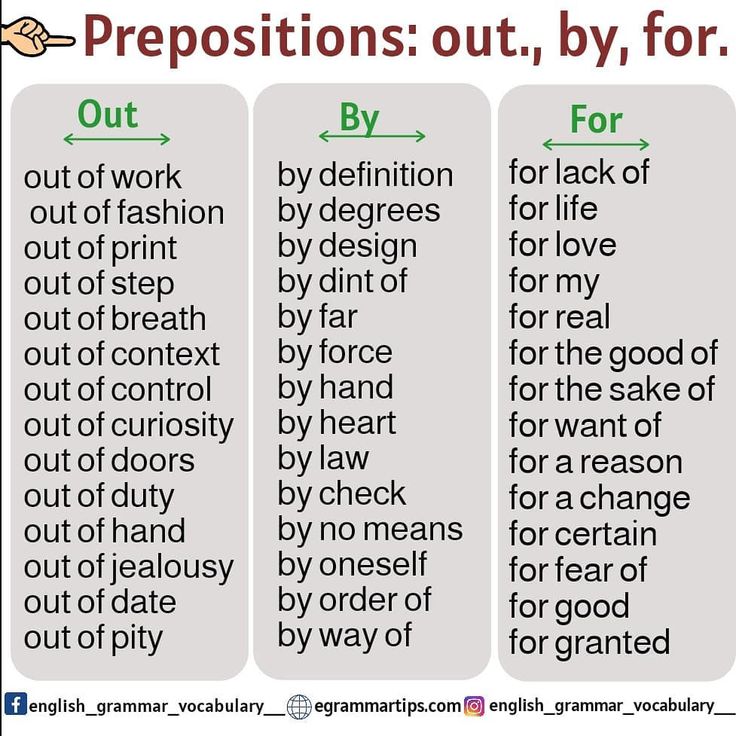 Intimate relationships are a litmus test in a couple. Violation of sexual attraction to a partner is an indicator that something is wrong in a relationship. In the most difficult cases, the lack of sexual interest turns into an aversion - an aversion to sexual activity with a particular partner.
Intimate relationships are a litmus test in a couple. Violation of sexual attraction to a partner is an indicator that something is wrong in a relationship. In the most difficult cases, the lack of sexual interest turns into an aversion - an aversion to sexual activity with a particular partner.
Deafness to partner's words
If you really want to tell someone a secret, tell your husband. He still doesn't listen to you. Now seriously. A loved one listens to you, but does not hear? He will not ask about your affairs, and if you talk, then he listens without any interest and participation? In healthy relationships, communication is structured differently.
Deprivation or ignoring
Deprivation is the deprivation or limitation of the ability to meet the partner's vital needs. A variant of deprivation or ignoring is when something gnaws at a person, but the partner does not want to talk about it and does not want to notice that there is such a problem.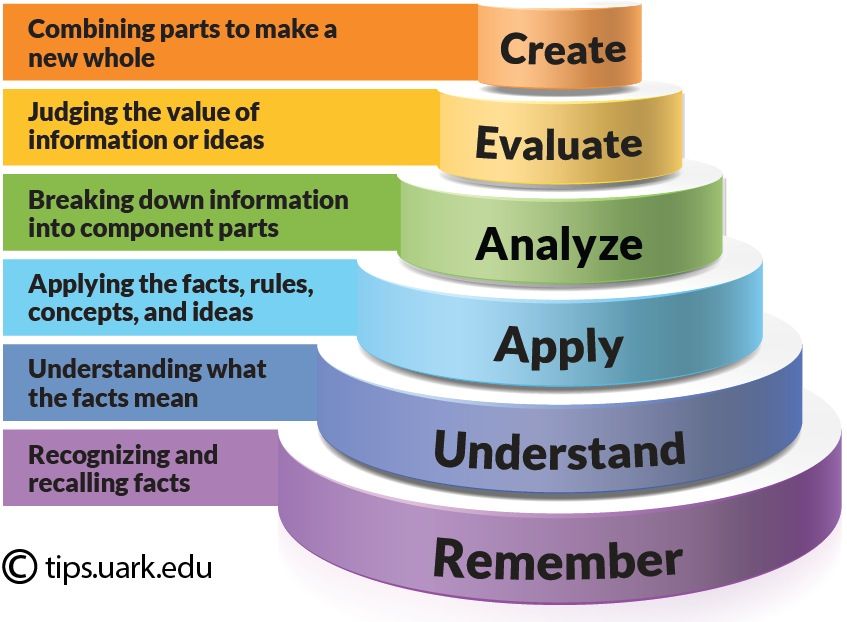 He prefers to ignore it, leaving a loved one alone with his expectations. Refusal to satisfy emotional needs (warmth, tenderness) and physical (denial of intimacy), ignoring the needs of a partner are all signs of a toxic relationship.
He prefers to ignore it, leaving a loved one alone with his expectations. Refusal to satisfy emotional needs (warmth, tenderness) and physical (denial of intimacy), ignoring the needs of a partner are all signs of a toxic relationship.
Silence
In a happy relationship, a person does not have to hide his feelings and emotions. In modern life, perhaps, we all put on certain masks ( read also : Social masks: what the roles we play in society say about). We do not want to show our fears, anxieties to the environment, we do not want to look vulnerable or upset. But at home, there should be no need to wear a mask. That's why they are close relationships, that we can not be afraid to be weak, talk about our feelings, fears and emotions, knowing that they will not turn away from us. Silence does not solve problems, but exacerbates them. Staying silent and pretending there is no problem is a ticking time bomb.
Not being able to ask for help
In a toxic relationship, asking for help is a sign of weakness. In healthy people, it is an indicator of frankness and trust. Your partner would rather rewrite the project five times than turn to you for help, and you will move the sofa until you break your back, but do not ask for help? Alas, your relationship is far from the norm.
In healthy people, it is an indicator of frankness and trust. Your partner would rather rewrite the project five times than turn to you for help, and you will move the sofa until you break your back, but do not ask for help? Alas, your relationship is far from the norm.
Idealization
A sign of a healthy relationship is an objective look of partners at each other. Both the advantages and disadvantages of each other are obvious. Instead of idealizing or devaluing relationships, cooperation and using the strengths of each for the good of the union is important. Partners accept each other without trying to improve.
Harassment and violation of autonomy
In a happy relationship, both partners maintain autonomy. Each of them can independently make decisions in what area and to what extent he develops, works, realizes himself, whether to play sports. Autonomy also lies in the partner's ability to be alone for some time (the right to privacy).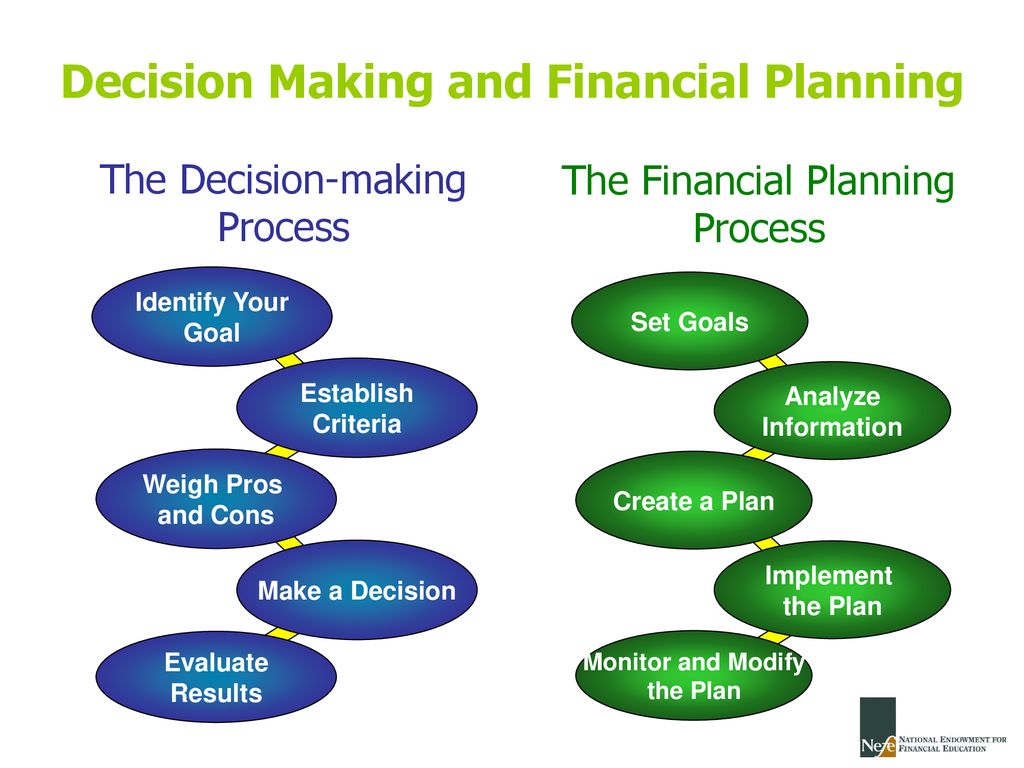 In co-dependent relationships, the right to autonomy of one partner is suppressed by another.
In co-dependent relationships, the right to autonomy of one partner is suppressed by another.
The partner who seeks to merge and strengthen the connection is called "pursuing". The second, who wants to maintain a distance, needs personal space and autonomy, is called "withdrawal" or "distancing".
The persecuting partner feels that he and his efforts to maintain and develop the relationship are not appreciated, explains psychotherapist Esther Perel. He or she is experiencing loneliness and this can lead to an increase in negative emotions such as feelings of rejection, shame about one's desire for intimacy, lower self-esteem, lack of love. In this situation, the most dangerous thing is that the more the pursuer pursues, the more the one who withdraws is removed. There is a vicious circle, a repetition of the conflict with a growing emotional component and a growing feeling that everything is lost. In a healthy relationship, everyone's right to autonomy is natural.
Behavior control
“Remove this photo from Instagram (an extremist organization banned in Russia).